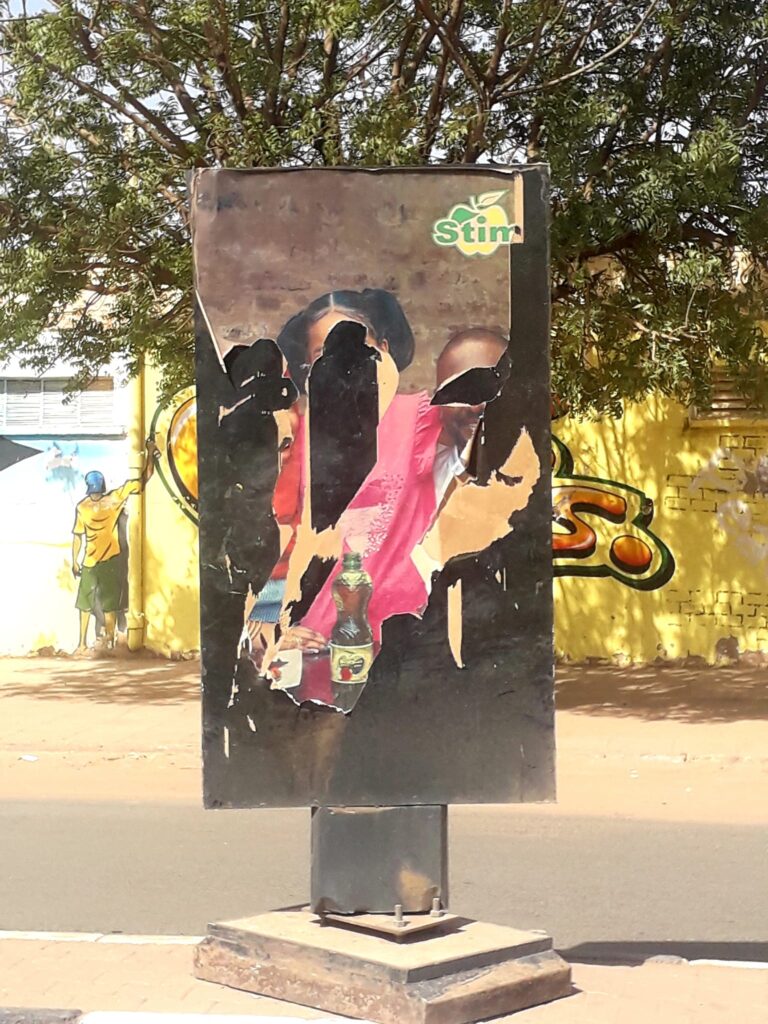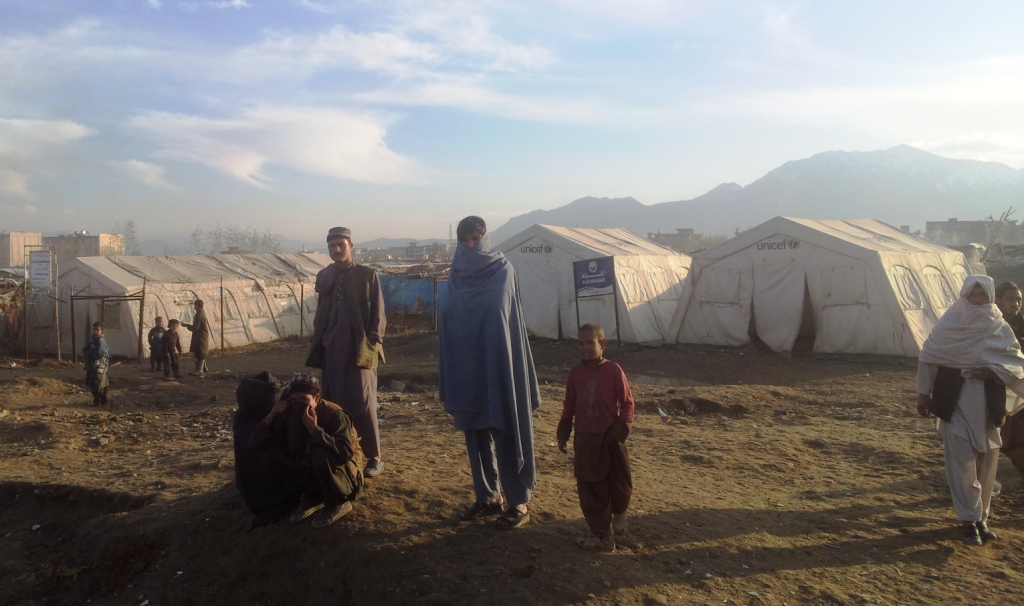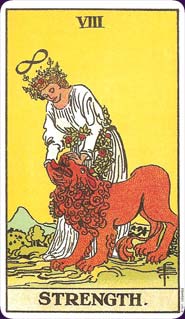In May and June 2002 I oversaw the holding of elections in Kandahar, Helmand, Zabul and Uruzgan. I was the only UN political/civil affairs officer in south-west Afghanistan and had to single-handedly support – I barely had office staff – the Afghan team in charge of organizing the elections. This meant
Continue readingCategory Archives: Blog
My PhD Process
Lessons from a 50-year-old professional drifter
This text covers my experience writing a PhD in a mid-career phase of my life. The experience is of course specific to me, but it might help other people contemplating this move. I sometimes sought such reflections online, when I felt lost, and rarely found anything useful.
I have not yet defended my dissertation (that will happen on 26 January 2023) so it may be a bit premature to share this experience, but whatever the result of my defence, the trajectory leading to it will remain the same.
Continue readingThe Sudanese Revolution
Perspectives from Khartoum, March-April 2022
I have come to Khartoum for a cultural mapping. The European Union has decided to expand its support of the Sudanese cultural sector. The EU, wired to support the state of Sudan, has no partner to work with since the military coup of Oct 25, five months ago: it does not recognize the military government. After several months of efforts to help reconstitute a civilian government, the EU delegation in Sudan has decided to increase its assistance program towards the support of civil society. One of the components of civil society is the cultural sector, supported over the past years through EUNIC. I am glad that sometimes the European Union does use its money wisely. My goal is to help them invest strategically into the cultural sector, in a way that builds it up instead of making it dependent on external funding.
As a result I’m in an intense round of consultations with all kinds of actors in this sector. Artists, directors of private organizations, commercial or non-benefit, institutions, researchers… everybody is speaking about the political and economic crisis, and are thinking about what the cultural sector can do to contribute to an outcome. In the following I will present some of their views on the double failure of the state and the economy, and how they are reacting to this crisis now. But first an explanation about the current situation in Sudan.

Humanitarian response to Afghanistan: to make us feel good or to support Afghans?
Wed 15 September UPDATED ON 20 SEPTEMBER
Today I tried to send money by Western Union to a friend in Afghanistan. At their office on Louise square, Brussels, I was told that the Afghan government had banned transfers to the country. The director came to confirm that it had been a decision of the Taliban; the employee shook his head sadly in commiseration with the Afghans. Later I managed to transfer the amount on the company’s online platform. It was just not possible in dollars anymore, only in the local currency. That makes sense, because there are not so many dollars left in Afghanistan, and they are needed to buy things from abroad – such as food. Edit 10 November: my donation arrived in the Afghan bank but my friend had to come every day to stand in line, and each time he was told the money was there but they had no cash to pay him out. After three weeks I recalled the money and then sought out an Afghan money trader in Belgium that could send the money to my friend through the hawala system. Transfer costs are a bit lower than with Western Union and my friend could pick up the money from Kabul’s money market the same day.
The EU High Representative, Josep Borrell, said in a press statement this afternoon that a serious lessons learnt exercise was needed within the EU to reflect on the results of twenty years of statebuilding efforts. He also stated the EU should engage the new Taliban government (underlining it is not the same as recognizing them), overriding some member states who rather not even talk to the Taliban. He congratulated Europe on increasing the humanitarian aid available to Afghans to 200 million Euros. The Taliban government, in turn, yesterday thanked the world for the 1.2 billion USD pledged in Geneva to aid Afghanistan. But no European aid will be delivered through the Afghan government. The Ministries of Education, Health, Rural Development and others will have insufficient funds to confront the looming crisis.

Taleex TV report (Somali)
Report made of my visit to Taleex by a local TV station. I talk about the importance of preserving cultural heritage

Somaliland gearing up for elections
Democratic elections may be most interesting at the fringes of the democratic world. Whereas elections in Europe only become slightly exciting when lunatics or dangerous nationalistic movements participate, here in Somaliland the upcoming presidential elections of 13/11 are an uplifting experience.
I am the first to rail about ‘elections without democratization’ and the imposition of the model of representative elections (which is arguably starting to fail in the West) on developing countries under the ‘There Is No Alternatiive’ motto, stifling local political forms and vitality.
Nonetheless the electoral campaign here in Somaliland is stirring up a positive mood in society. I have even decided to stay in Hargeisa during the elections and may be part an Electoral Observation Mission.

Lessons from Somaliland for Kurds and Catalans
The Kurds and the Catalans are voting for self-determination. It seems nothing can stop a people who have decided to vote for self-determination, although it seems not a single state is ready to accept it. The lesson from Somaliland, an unrecognised country since 1991, is: there is no need to worry about not achieving international recognition: you can live very well without.
Certainly these elections will be held, one way or another, and the outcome is predictable: overwhelming support for independence.

No time for the Blues
Trump’s victory at the polls makes me feel optimistic. The wake-up call can no longer be ignored, now that a beast has ascended the throne of world power. It is time to act. Continue reading
Continue reading
New World Summit in Rojava – Day 1
The 5th edition of the New World Summit opened today in Derik / Al Malikiyyah in northwestern Syria. The Dutch artist Jonas Staal and his team, in tandem with the authorities of the autonomous canton of Cizire, drew full audiences with a thorough, two-day discussion of ‘Democratic Confederalism’ by international delegates and local specialists. Continue reading
Life and death in Rojava
Day 2 in Northwestern Syria

Commander A… and soldier H… of the YPJ talking with our Filipina delegation member Ilena, with our translator Nahla in the midst
Today we were confronted more squarely with the war being fought in Syria, and the intensity of life and death in a beleaguered war zone; although we also got the chance to visit the 4000 year old archaeological site of Urkesh, one of the earliest cities.

